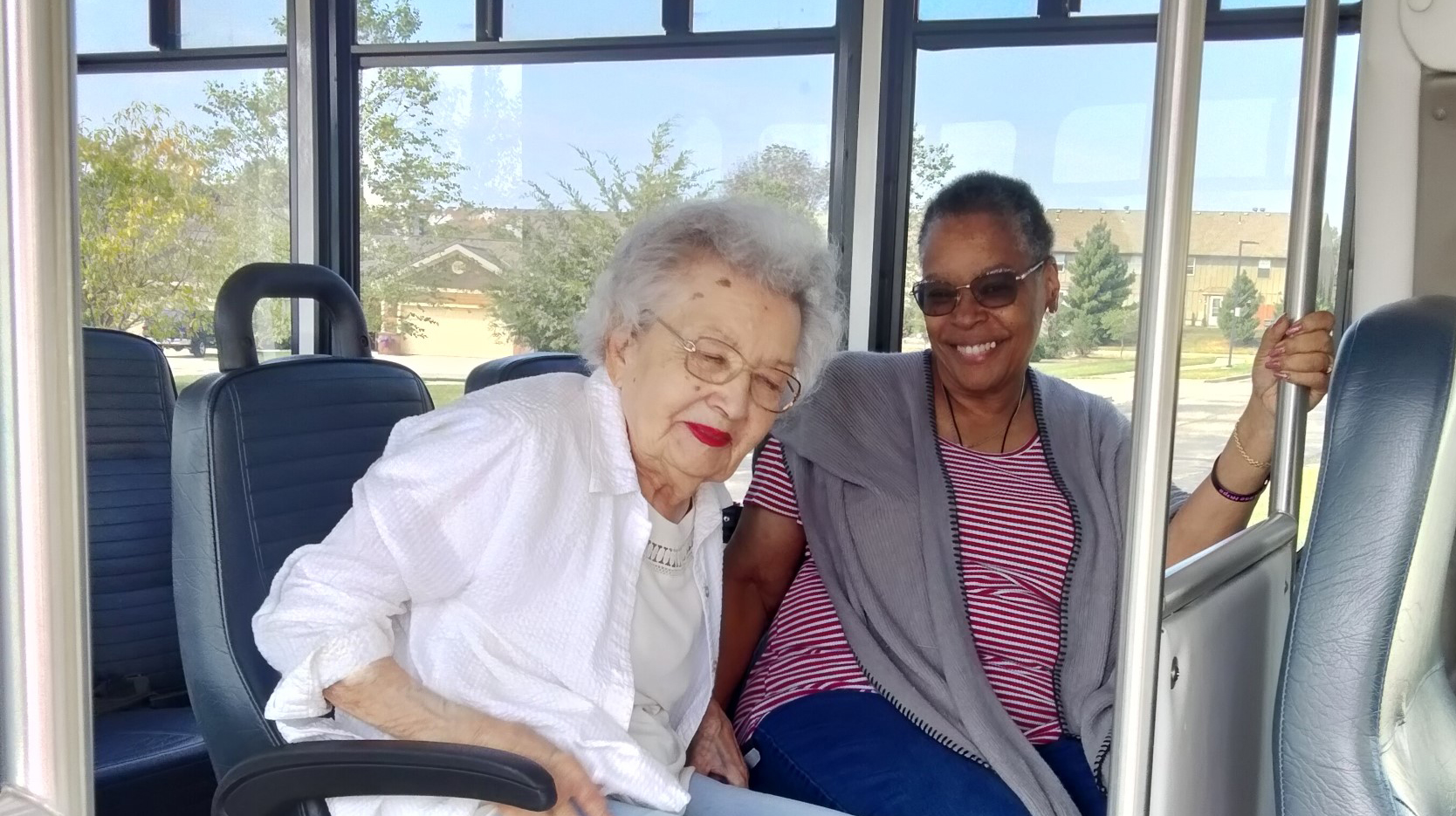
September 29, 2023
In a world that thrives on communication, connection, and shared experiences, dementia poses unique challenges. It affects not only an individual’s memory, but also their very essence. As the number of individuals living with dementia continues to rise, it becomes increasingly important to explore ways to foster meaningful engagement.
Dementia can be an isolating and disorienting condition, creating a feeling of disconnect from the world they once knew and loved. However, beneath the surface of cognitive decline lies the enduring essence of the individual waiting to be nurtured and cherished. By embracing empathy, patience, and creativity we can create experiences that transcend memory loss and provide a lifeline to the person within.


Join us at Arrow Senior Living on a journey to unlock the potential for engagement and connection with your loved one living with dementia. Together, we will discover the power of human connection that transcends the boundaries of memory, and in doing so, enrich the lives of those touched by this challenging condition.
A person’s past interests and hobbies still matter when they have a diagnosis of dementia. While dementia can affect a person’s cognitive abilities and memory, it doesn’t erase their past experiences, preferences, or interests entirely. Here are a few reasons why their past interests can still be important:
Interests for individuals living with dementia can and should be modified to reflect their current abilities and needs. Dementia is a progressive condition that affects cognitive and functional abilities over time, so it’s important to adapt events and hobbies to match the individual’s current level of functioning. Here are some tips for modifying interests for someone with dementia:
Remember that each person with dementia is unique, and what works for one individual may not work for another. It’s essential to maintain a person-centered approach, which means tailoring events to the individual’s specific interests, abilities, and needs. Regular communication with healthcare professionals and caregivers can also provide valuable insights into how to best adapt ventures to suit the person’s current condition.
Engagement can provide several benefits for someone living with dementia. As a progressive condition that affects cognitive abilities, memory, and communication skills. While there is no cure for dementia, various strategies and interventions can help improve the quality of life for individuals with this condition. Engagement events tailored to their needs and abilities can offer the following benefits: cognitive stimulation, improved mood, social interactions, sense of purpose and decreased behavioral disturbances.
When it comes to engaging someone living with dementia, patience, empathy, and creativity are the keys to fostering meaningful connections. By embracing a person-centered approach, we can unlock a world of possibilities, enabling individuals with dementia to continue experiencing joy, connection, and a sense of purpose. Remember, it’s not about fixing what’s broken, but rather cherishing the unique qualities that make each person special. Together we can create moments of engagement where those living with dementia are valued and cherished for who they are, not just who they were.
Saint Charles, Missouri-based Arrow Senior Living manages a portfolio of communities that offer varying levels of care, including independent living, assisted living, and memory care. Each and every senior living community supports residents by focusing on dignity, respect, and quality of life. The programs and amenities offered are selected to provide only the highest standard of quality and comfort.
Find an Arrow community near you
Work at Arrow Senior Living